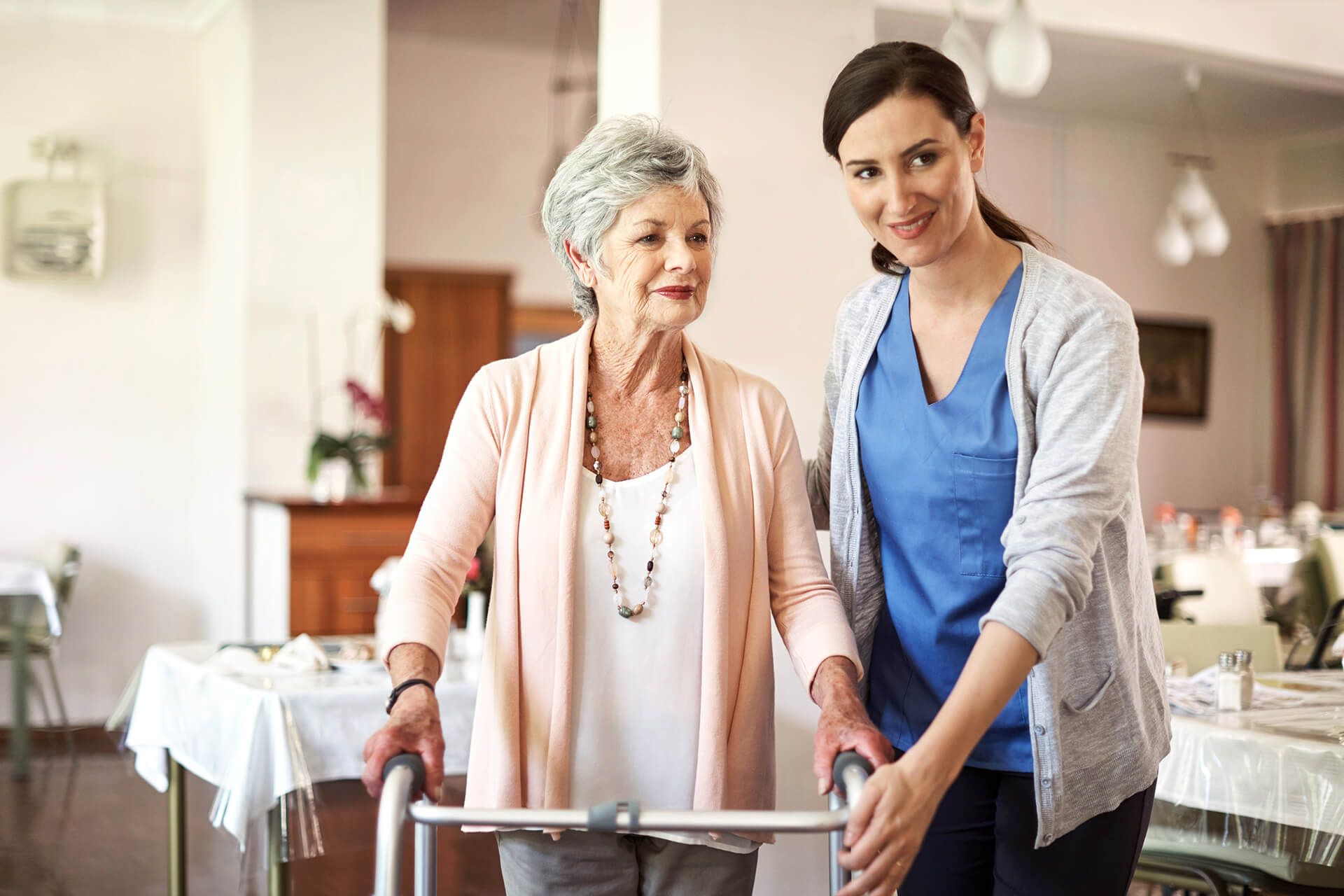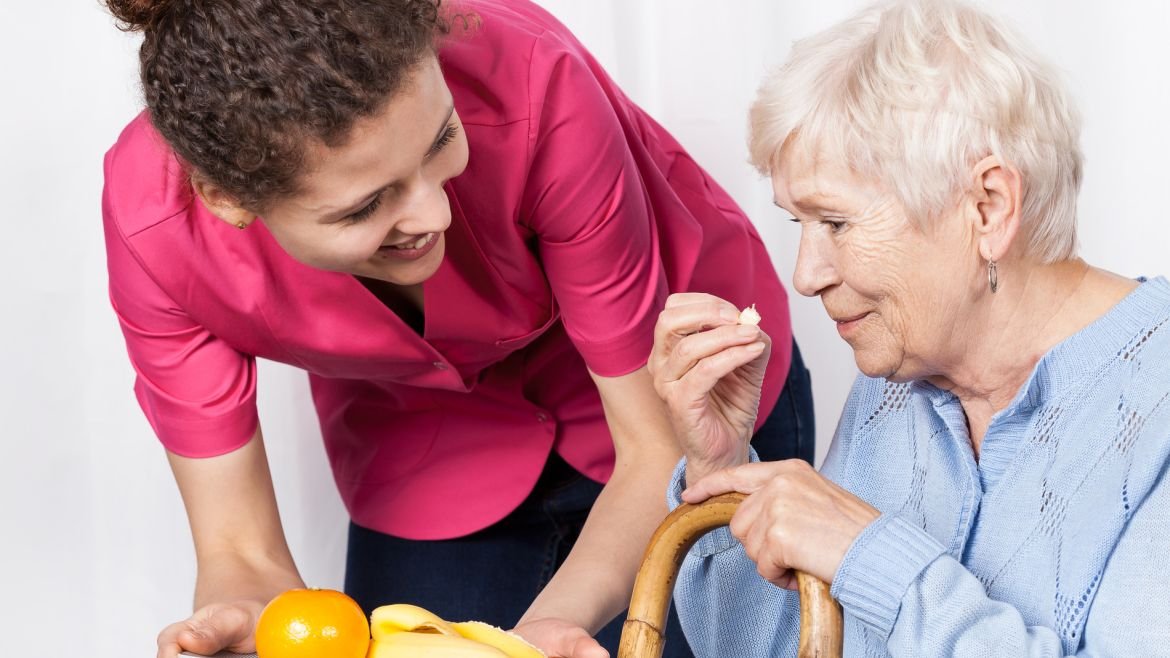Diet monitoring for elderly individuals is a crucial aspect of caregiving and support, as it plays a significant role in promoting their health, well-being, and quality of life. As people age, their nutritional needs may change, and they may face unique challenges that impact their ability to maintain a healthy and balanced diet. Caregivers and family members can support elderly individuals by monitoring their diet, ensuring they have access to nutritious meals, and promoting healthy eating habits that contribute to their overall well-being.
Filcare’s Diet Monitoring
 One of the key reasons why diet monitoring is essential for elderly individuals is to ensure that they are meeting their nutritional requirements. As people age, their bodies may require fewer calories, but their need for essential nutrients such as vitamins, minerals, protein, and fiber remains crucial for maintaining optimal health. Caregivers can help elderly individuals plan and prepare meals that are rich in nutrients, balanced in macronutrients, and varied in food groups to support their overall health and well-being.
One of the key reasons why diet monitoring is essential for elderly individuals is to ensure that they are meeting their nutritional requirements. As people age, their bodies may require fewer calories, but their need for essential nutrients such as vitamins, minerals, protein, and fiber remains crucial for maintaining optimal health. Caregivers can help elderly individuals plan and prepare meals that are rich in nutrients, balanced in macronutrients, and varied in food groups to support their overall health and well-being.
Additionally, diet monitoring for elderly individuals can help prevent and manage chronic health conditions that are common in older adults, such as diabetes, high blood pressure, heart disease, and osteoporosis. By monitoring their diet, caregivers can help elderly individuals make healthy food choices that support their specific health needs and goals. This may involve limiting salt, sugar, and saturated fats, increasing fiber-rich foods, and incorporating more fruits, vegetables, whole grains, and lean proteins into their meals to promote heart health, blood sugar control, and bone strength.
Furthermore, diet monitoring can help identify and address any nutritional deficiencies or malnutrition risk factors in elderly individuals. As people age, they may experience changes in appetite, taste, digestion, and metabolism that can impact their ability to eat an adequate and balanced diet. Caregivers can monitor elderly individuals’ food intake, weight changes, and overall health status to identify any signs of malnutrition or nutrient deficiencies and take appropriate steps to address these issues, such as consulting with a healthcare provider or a registered dietitian.
Moreover, diet monitoring for elderly individuals can promote social engagement, independence, and overall quality of life. Sharing meals, cooking together, and planning menus can provide opportunities for connection, conversation, and enjoyment, fostering a sense of companionship and well-being. Involving elderly individuals in meal planning and food preparation can also empower them to make choices, express preferences, and maintain a sense of autonomy and control over their diet, promoting independence and dignity.
In conclusion, diet monitoring for elderly individuals is a vital aspect of caregiving that involves ensuring they have access to nutritious meals, promoting healthy eating habits, and supporting their overall health and well-being. Caregivers and family members play a crucial role in monitoring elderly individuals’ diet, making informed food choices, and addressing any nutritional concerns to help them age with grace, vitality, and optimal health. By prioritizing diet monitoring and promoting healthy eating habits, caregivers can support elderly individuals in maintaining their health, independence, and quality of life, ensuring they enjoy a fulfilling and nourishing diet as they age.


